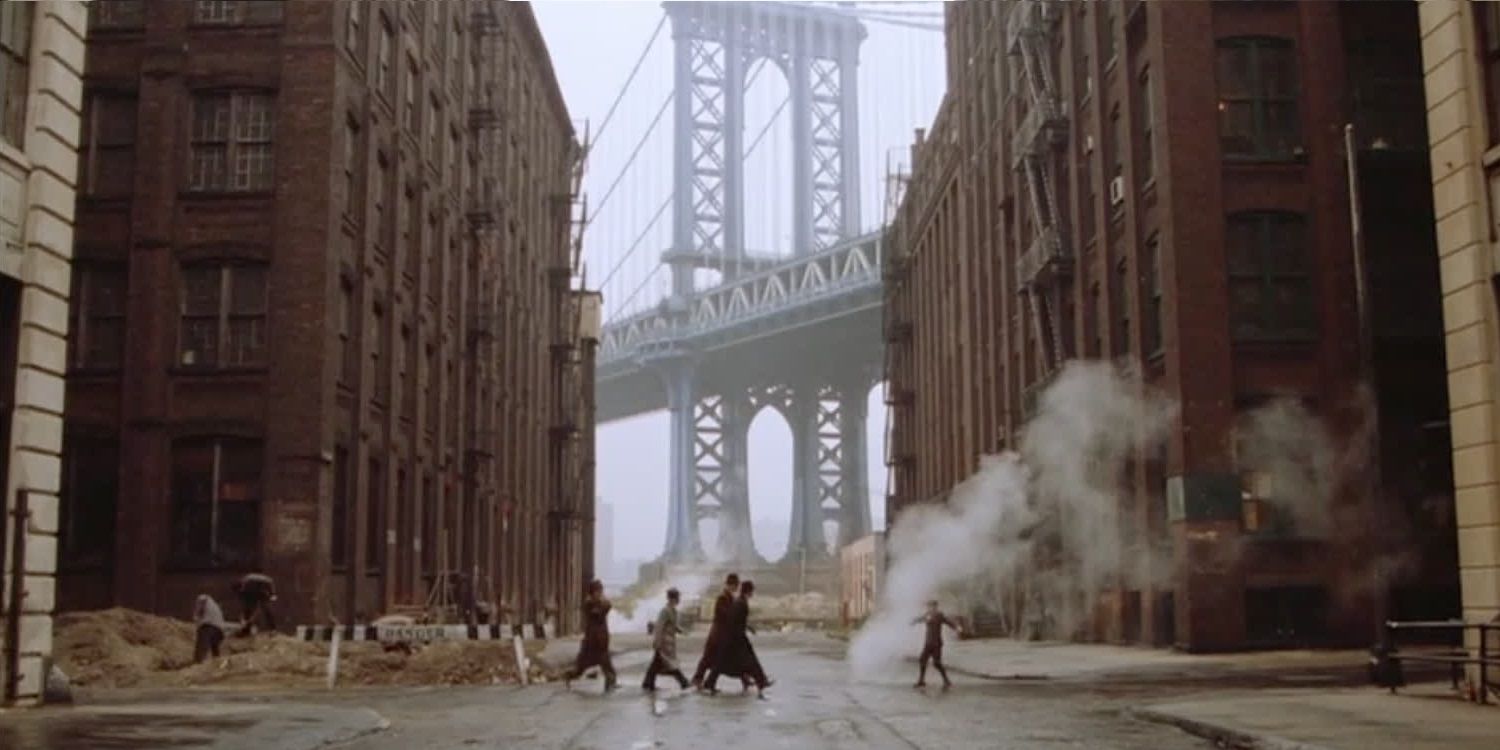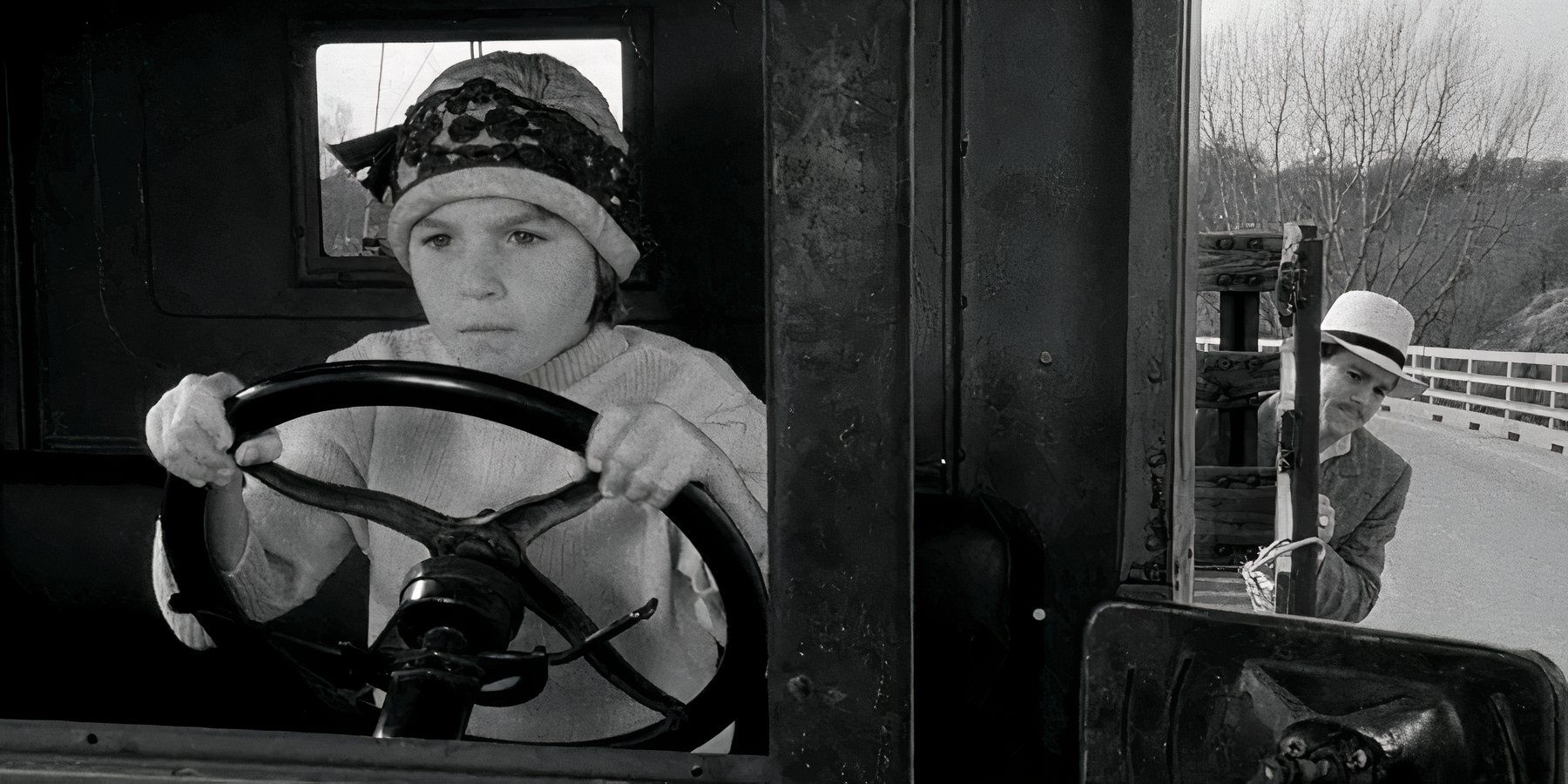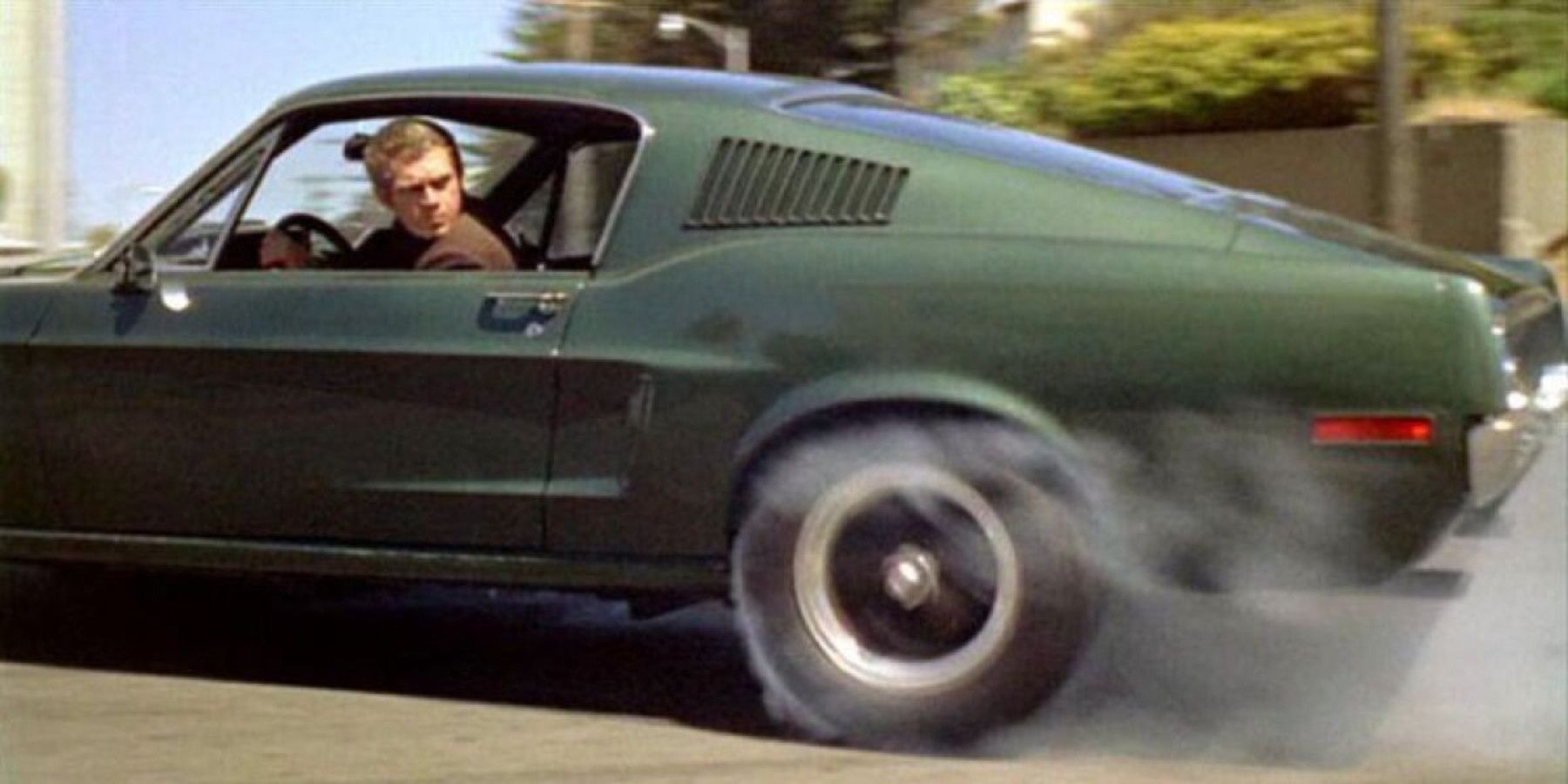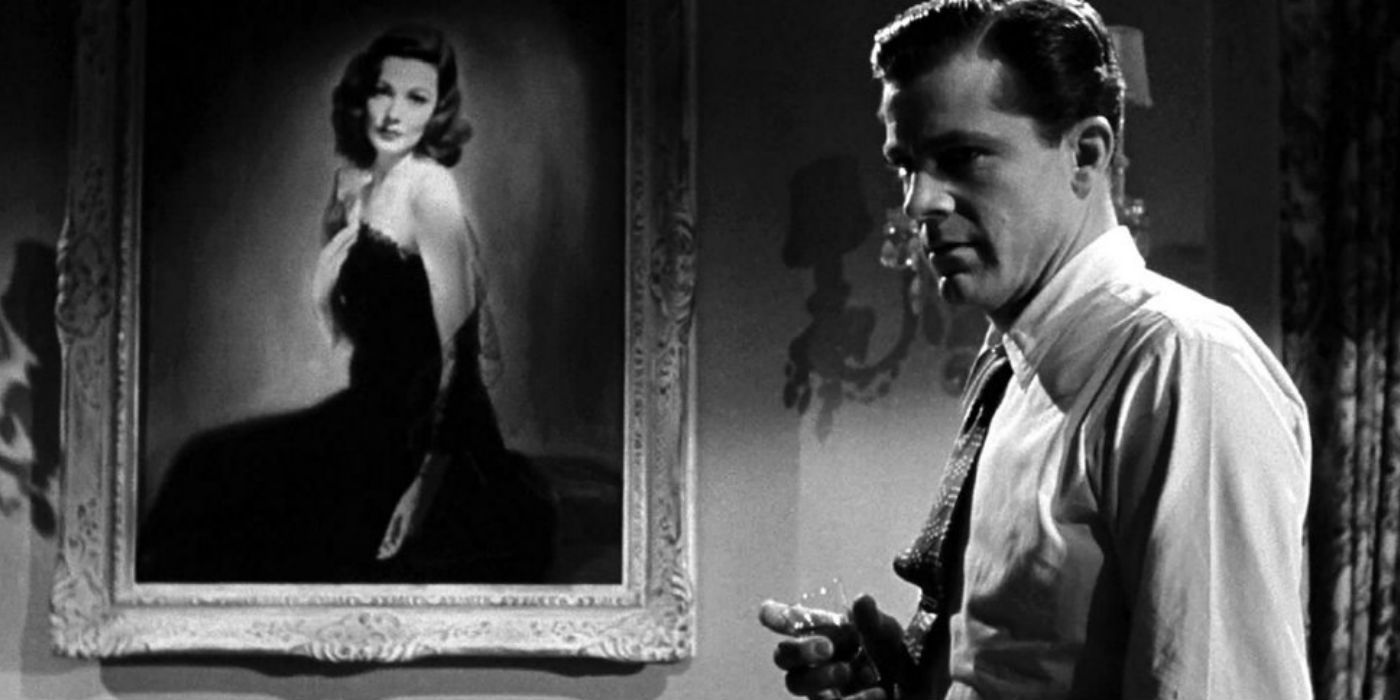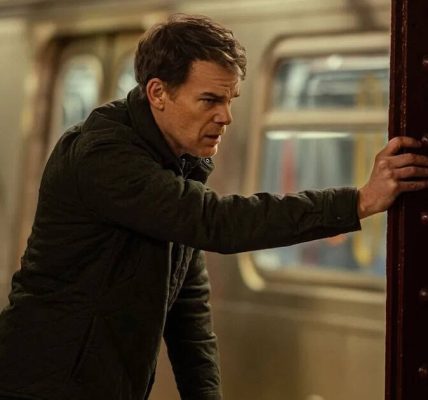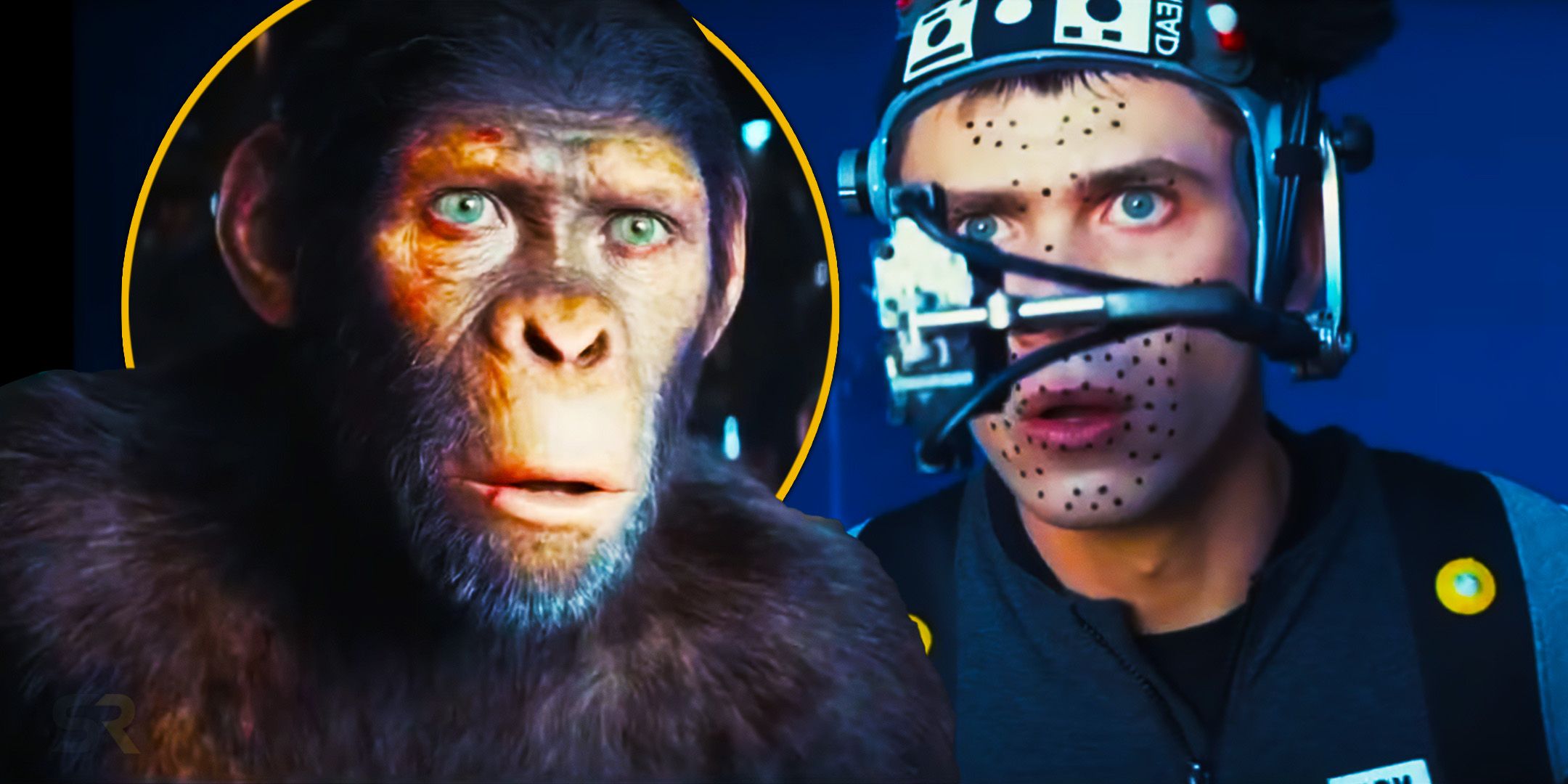From the visionary mind of Sergio Leone to the innovative direction of Peter Bogdanovich, numerous iconic directors were approached to helm The Godfather before Francis Ford Coppola ultimately took the reins. Initially, Coppola was reluctant to direct The Godfather, viewing Mario Puzo?s original novel as a superficial and simplistic depiction of the mafia lifestyle. However, after reevaluating the material, he discovered a wealth of thematic richness within the narrative. Instead of crafting a conventional gangster film, Coppola transformed it into a profound family drama, highlighting the intricate tensions and conflicts within a close-knit Italian-American family, a subject he personally understood and resonated with.
This unique perspective is what made The Godfather an enduring masterpiece, allowing it to remain relevant even decades after its release. Coppola?s innovative approach elevated the crime genre and introduced a universal family experience that resonates with audiences, regardless of their connection to organized crime. Interestingly, Coppola was not the first choice for the project; Paramount Pictures had offered the film to at least eight other directors, all of whom declined due to various reasons, including scheduling conflicts and concerns regarding the violent content. Had any of these directors taken on the project, the final product would likely have differed significantly.
8
Sergio Leone: The Mastermind Behind the Spaghetti Western
Initially, Paramount Pictures looked to Sergio Leone as their top choice to direct The Godfather (according to the New York Times). The studio believed that their previous mafia film, The Brotherhood, had failed primarily due to the lack of authentic Italian representation among its cast and crew. Therefore, they were eager to engage an Italian director for this pivotal project. Leone, famed for revolutionizing the spaghetti western genre with epic films like A Fistful of Dollars, For a Few Dollars More, The Good, the Bad, and the Ugly, and Once Upon a Time in the West, was the ideal candidate.
Nonetheless, Leone declined the offer because he was immersed in developing his own gangster film, Once Upon a Time in America. His vision sought to deconstruct the traditional Hollywood gangster archetype in a manner he felt would not align with the narrative of The Godfather. Unfortunately, Leone’s passion project faced significant delays and didn’t premiere until 1984, a full twelve years after The Godfather hit theaters. Had Leone directed The Godfather, it likely would have been an extravagant and operatic vision, potentially featuring even more violence than Coppola’s adaptation.
7
Peter Bogdanovich: The Director Who Chose Comedy Over Crime
Following Leone’s decision to pass on the project, Paramount then approached Peter Bogdanovich to consider directing The Godfather. However, Bogdanovich had even less interest in the film than Leone did (as reported by The Guardian). He casually dismissed the idea, expressing that he was ?so flippant? about the offer that he didn?t even recognize its significance until a decade later. As soon as he learned the film was about the mafia, he declined, stating that he had no desire to make a gangster movie. Bogdanovich believed that if he had taken on the project, his version of The Godfather would have been ?a whole different picture,? envisioning Edward G. Robinson in the role of Don Vito Corleone.
At that time, Bogdanovich was gaining significant acclaim with his low-budget debut feature Targets and was enjoying the buzz surrounding his follow-up film, The Last Picture Show, which ultimately earned him Oscar nominations for both Best Director and Best Adapted Screenplay. Instead of directing The Godfather, he chose to focus on the classic screwball comedy What?s Up, Doc? and the heartfelt road movie Paper Moon, both of which are now celebrated as two of the finest films of the 1970s. Given the opportunity, Bogdanovich made the right choice by pursuing projects that aligned with his creative vision rather than a lackluster version of The Godfather.
6
Peter Yates: The Director Behind Action Films
After both Leone and Bogdanovich declined the project, The Godfather was offered to at least eight additional directors (according to CBS News) before Coppola finally agreed to take it on. Among those approached was Peter Yates, best recognized for his work on the Steve McQueen-led police thriller Bullitt. Yates also directed the heist film Robbery, which was pivotal in his early career, leading to his directorial role in Bullitt, as well as the coming-of-age drama Breaking Away and the cult classic sci-fi film Krull.
Yates likely would have approached The Godfather as a more traditional action film, emphasizing sensational sequences. His direction of pivotal moments, such as Michael’s assassination of McCluskey in the restaurant and Sonny’s tragic death at the toll booth, would have likely mirrored the thrilling car chase in Bullitt. In contrast, Coppola’s grounded and realistic portrayal of violence creates a far more unsettling and resonant impact on viewers, making it a hallmark of cinematic storytelling.
5
Otto Preminger: The Iconic Director of Film Noir
Otto Preminger also turned down the opportunity to direct The Godfather. He is widely regarded as one of Hollywood’s most celebrated directors, particularly known for his contributions to the film noir genre. While Bogdanovich was relatively new to the industry during the development of The Godfather, Preminger had already established himself as a renowned filmmaker for decades. After emigrating to the United States in the mid-1930s, Preminger gained recognition for his iconic 1944 film Laura, which remains a classic.
If Preminger had accepted the project, he would have brought a unique perspective to The Godfather. Known for tackling controversial topics within mainstream cinema, he adeptly navigated the strictures of the Hays Code. His films often explored complex themes such as drug addiction in The Man with the Golden Arm, sexual assault in Anatomy of a Murder, and homosexuality in Advise & Consent. It would have been fascinating to see how he would have handled the challenging subject matter and the intricate plot twists of The Godfather.


